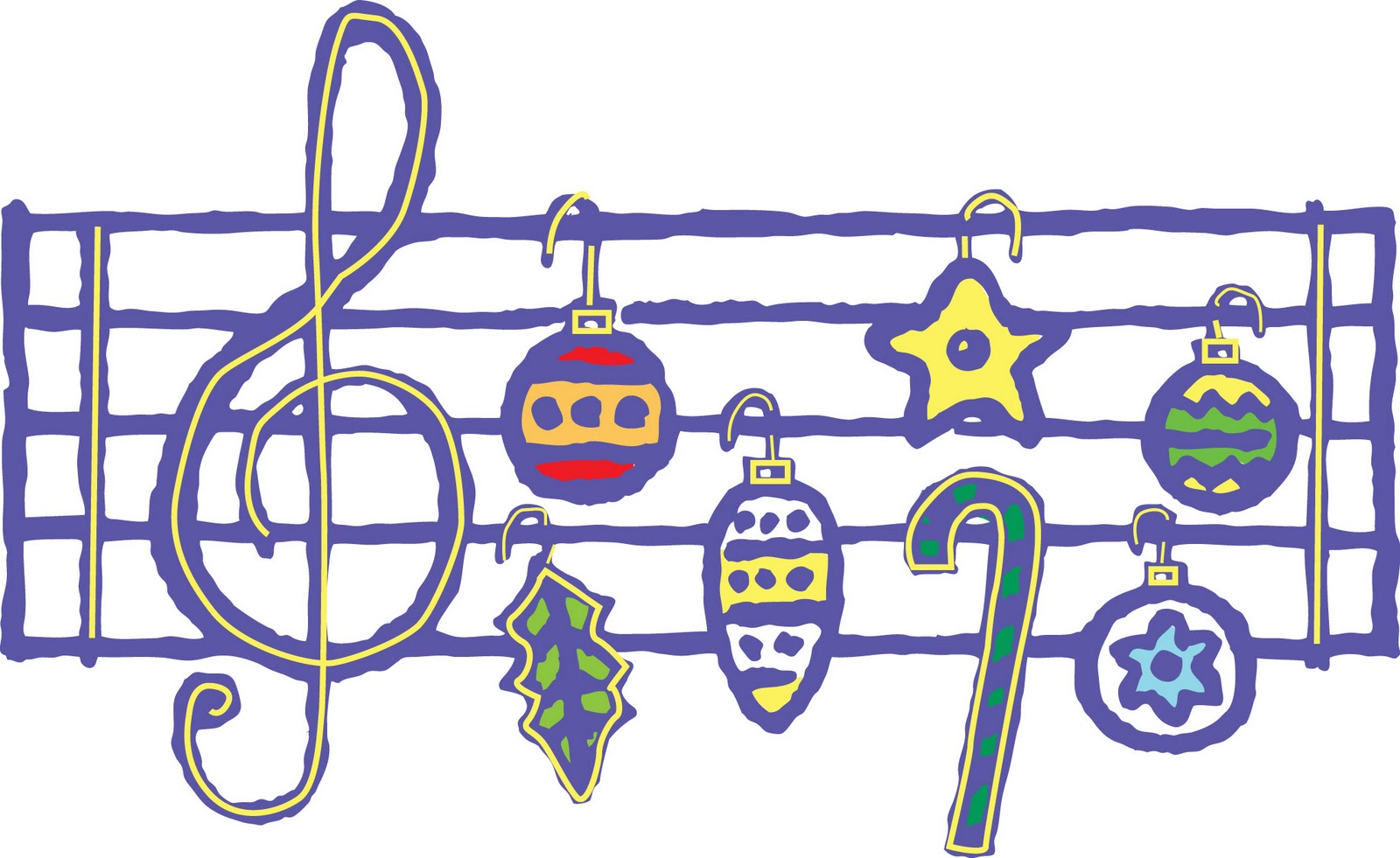Holiday season is full of activities for the brain: socializing with friends, thinking about all the social events, and special season-only music that won’t come around for another year.
Ever admire someone who knows all the lyrics to Christmas carols or New Year party songs? What’s stopping you from being that person everyone else admires?
Start with just one or two songs, then continue on with your favourite songs. Learn the second or third verses that are rarely sung, or learn the same song in a different language. If it’s a popular song around the world, it should be easy to find lyrics on the Internet. Alternatively, learn a slightly unfamiliar song and be the only one in the room who recognizes it if it happens to come up.
Tone deaf or don’t have confidence in your singing abilities? Every song has a reason why it was written, and not many people know the background situation that inspired it. Dig for information on the composer or lyricist, read their biographies, and be surprised by some of the stories behind your favourite songs. Remember the trivia and start conversations when you’re in those awkward-silence situations at parties.

